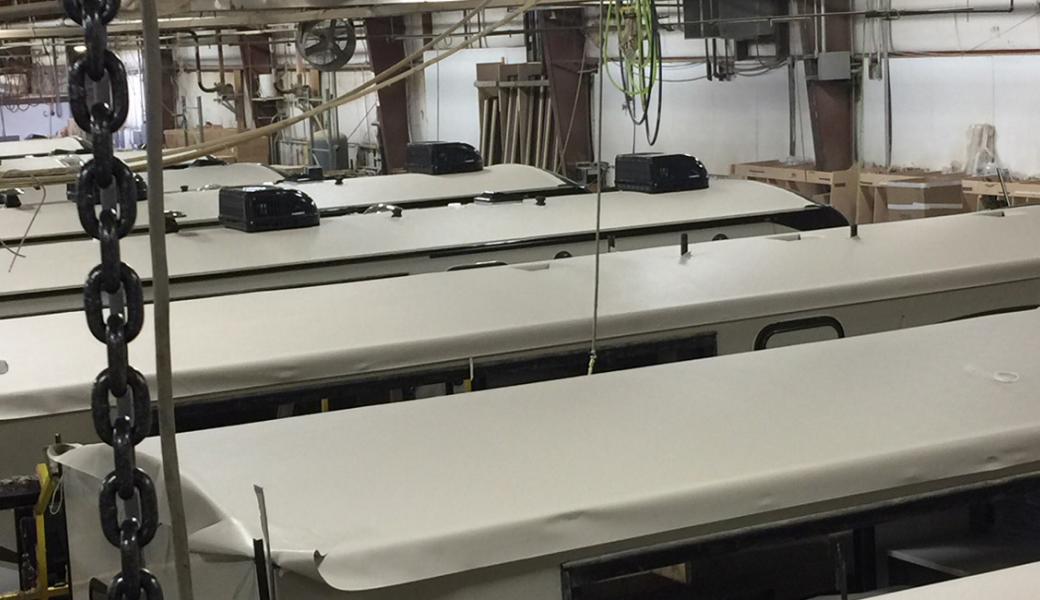RV Industry Asks CISA To Consider RV Businesses Essential

As states across the country put in place executive orders in response to the current coronavirus pandemic, these orders typically incorporate the U.S. Department of Homeland Security’s Cybersecurity and Infrastructure Security Agency (CISA) guidelines or use the broad guidelines as a starting point as they craft their individual state orders. CISA notes the guidelines are advisory in nature and they are not considered to be a federal directive or standard in and of itself. In an effort to provide clarity for the entire RV industry, the RV Industry Association, the RV Dealers Association, and the National Association of RV Parks and Campgrounds sent a letter asking that all RV businesses are deemed essential.
If a business is deemed essential, CISA guidelines state that such a designation allows the business to focus on maintaining the portions of its businesses and services that enable continued economic and social vitality. It does not mean that such business should focus on maintaining “business as usual” nor should the business try to sustain the operating capacity of non-critical operations. If your business determines that it qualifies as an essential business, your business must abide by the CDC health and safety guidelines and other applicable federal, state and local guidelines surrounding COVID-19. For more information on essential business destinations please view the RV Industry Association’s Factors to Consider When Determining Whether a Business Qualifies as Essential in a State Executive Order guidance document.
Specifically, the letter argues that RVs serve a critical role in this time of national emergency and are uniquely able to meet critical needs in an expedited timeframe for emergency crisis management. The letter lays out the case for why RV manufacturers and suppliers; RV dealership and service centers; and RV parks and campgrounds must be considered essential businesses.
RV manufacturers and suppliers must be considered essential businesses because more states and localities will continue to use RVs in various ways to help address the increasing crisis. We understand the immense strain that the COVID-19 outbreak is placing on our health care system. Given concerns about hospital capacity, RVs can help by serving as mobile clinics, testing facilities, medical providers' sleeping quarters, laundry facilities, or vending and kitchens. Indeed, just last week, states have purchased RVs for such surge capacity; notably, the state of California just purchased over 1,300 RV trailers to provide emergency isolation for the most vulnerable. Another RV manufacturer has supplied trailers to a county government for use as mobile testing facilities for the COVID-19 affliction.
RV dealerships and service centers must be considered essential businesses so they can remain open and available to supply RVs and perform critical maintenance and repairs, especially on LP/propane gas systems and electrical, plumbing and refrigeration issues. There are emergency personnel and mobile RV medical clinics already on the road now that may need service. RV dealerships and service centers must be considered essential businesses and allowed to continue to service these Americans.
RV parks and campgrounds must be considered essential businesses so they can continue to play a vital role as traveling medical personnel, families and Americans in between homes utilize RV parks and campgrounds as their only source of temporary accommodations. Many RV parks and campgrounds also provide critical propane gas, electrical and essential business services for this community. RV parks and campgrounds must be considered essential businesses and allowed to stay open to continue serving those customers who need places to stay to aid with and weather out this recovery, such as those providing vital services during this national health crisis.
Please Sign in to View
Log in to view member-only content.
If you believe you are receiving this message in error contact us at memberservices@rvia.org.

